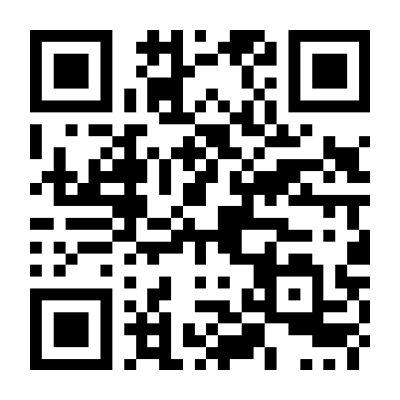单选题
0分
Any fair-minded assessment of the dangers of the deal between Britain's National Health Service (NHS...
Any fair-minded assessment of the dangers of the deal between Britain's National Health Service (NHS) and DeepMind must start by acknowledging that both sides mean well. DeepMind is one of the leading
artificial intelligence (AI) companies in the world. The potential of this work applied to healthcare is very great, but it could also lead to further concentration of power in the tech giants. It Is against that background that the information commissioner, Elizabeth Denham, has issued her damning verdict against the Royal Free hospital trust under the NHS, which handed over to DeepMind the records of l.6 million patients In 2015 2n the basis of a vague agreement which took far too little account of the patients' rights and their expectations of privacy.
DeepMind has almost apologized. The NHS trust has mended its ways. Further arrangements- and there may be many-between the NHS and DeepMind will be carefully scrutinised to ensure that all necessary
permissions have been asked of patients and all unnecessary data has been cleaned. There are lessons about informed patient consent to learn. But privacy is not the only angle in this case and not even the most important Ms Denham chose to concentrate the blame on the NHS trust, since under existing law it -controlled" the data and DeepMind merely -processed' it But this distinction misses the point that it is processing and aggregation, not the mere possession of bits, that gives the data value.
The great question is who should beneflt from the analysis of all the data that our lives now generate. Privacy law builds on the concept of damage to an individual from identifiable knowledge about them. That misses the way the surveillance economy works. The data of an individual there gains its value only when it is compared with the data of countless millions more.
The use of privacy law to curb the tech giants in this instance feels slightly maladapted. This practice does not address the real worry. It is not enough to say that the algorithms DeepMind develops will benefit patients and save lives. What matters is that they will belong to a private monopoly which developed them using public resources. If software promises to save lives on the scale that dugs now can, big data may be expected to behave as a big pharm has done. We are still at the beginning of this revolution and small choices now may turn out to have gigantic consequences later. A long struggle will be needed to avoid a future of digital feudalism. Ms Denham's report is a welcome start.
The author argues in Paragraph 2 that
artificial intelligence (AI) companies in the world. The potential of this work applied to healthcare is very great, but it could also lead to further concentration of power in the tech giants. It Is against that background that the information commissioner, Elizabeth Denham, has issued her damning verdict against the Royal Free hospital trust under the NHS, which handed over to DeepMind the records of l.6 million patients In 2015 2n the basis of a vague agreement which took far too little account of the patients' rights and their expectations of privacy.
DeepMind has almost apologized. The NHS trust has mended its ways. Further arrangements- and there may be many-between the NHS and DeepMind will be carefully scrutinised to ensure that all necessary
permissions have been asked of patients and all unnecessary data has been cleaned. There are lessons about informed patient consent to learn. But privacy is not the only angle in this case and not even the most important Ms Denham chose to concentrate the blame on the NHS trust, since under existing law it -controlled" the data and DeepMind merely -processed' it But this distinction misses the point that it is processing and aggregation, not the mere possession of bits, that gives the data value.
The great question is who should beneflt from the analysis of all the data that our lives now generate. Privacy law builds on the concept of damage to an individual from identifiable knowledge about them. That misses the way the surveillance economy works. The data of an individual there gains its value only when it is compared with the data of countless millions more.
The use of privacy law to curb the tech giants in this instance feels slightly maladapted. This practice does not address the real worry. It is not enough to say that the algorithms DeepMind develops will benefit patients and save lives. What matters is that they will belong to a private monopoly which developed them using public resources. If software promises to save lives on the scale that dugs now can, big data may be expected to behave as a big pharm has done. We are still at the beginning of this revolution and small choices now may turn out to have gigantic consequences later. A long struggle will be needed to avoid a future of digital feudalism. Ms Denham's report is a welcome start.
The author argues in Paragraph 2 that
参考答案: D
参考解析: 推理题。根据题干,此题定位在第二段最后一句but之后的转折句。“But this distinction misses the point that it is processing and aggregation,not the mere possession of bits,that gives data vaiae.这种区分忽视了一个点:是处理和收集赋予数据意义,而不是拥有数据。选项中的“processing”和原文中的“processing”原词复现。选项中的“the value of data”.对应原文中的“data value”。因此,D项为正确答案。

 百度扫一扫练题
百度扫一扫练题
 关注千题库公众号
关注千题库公众号








